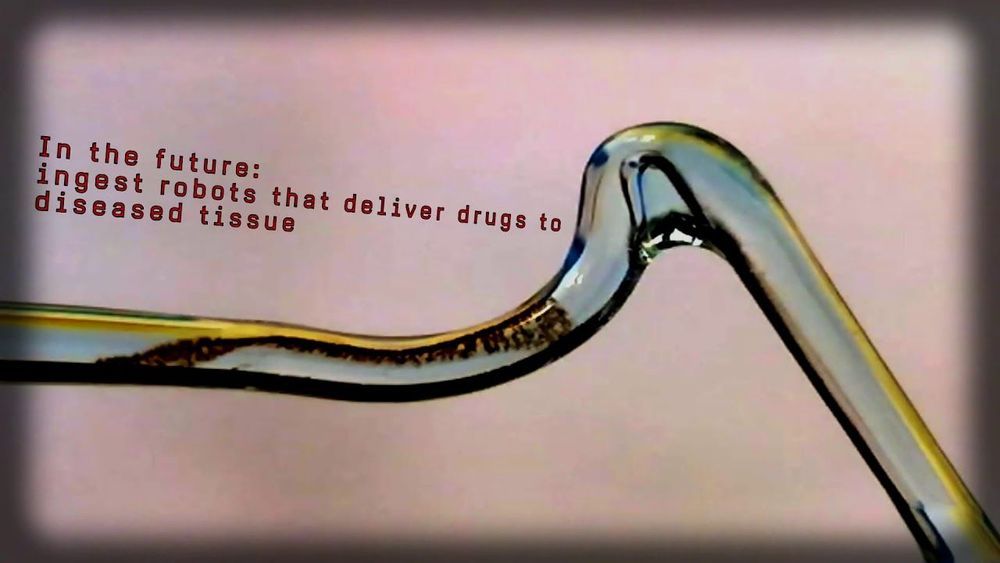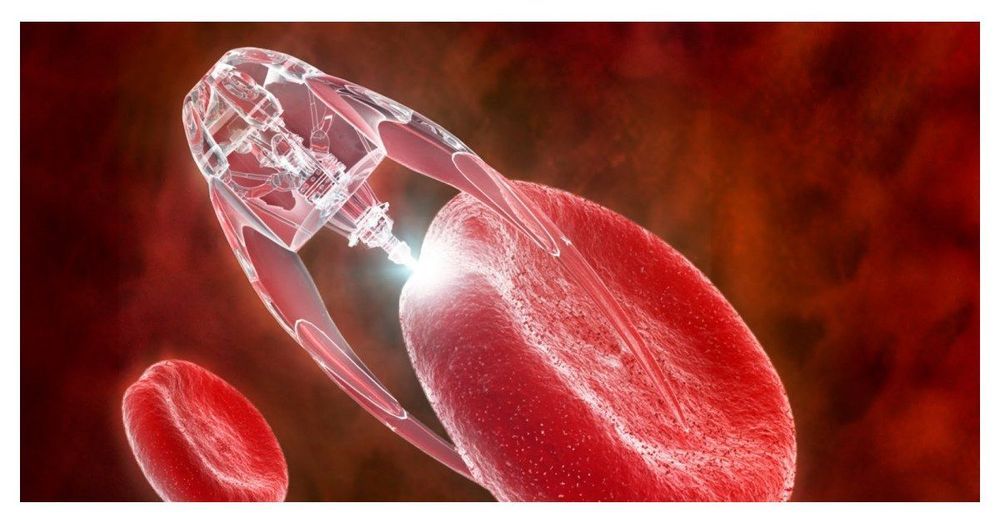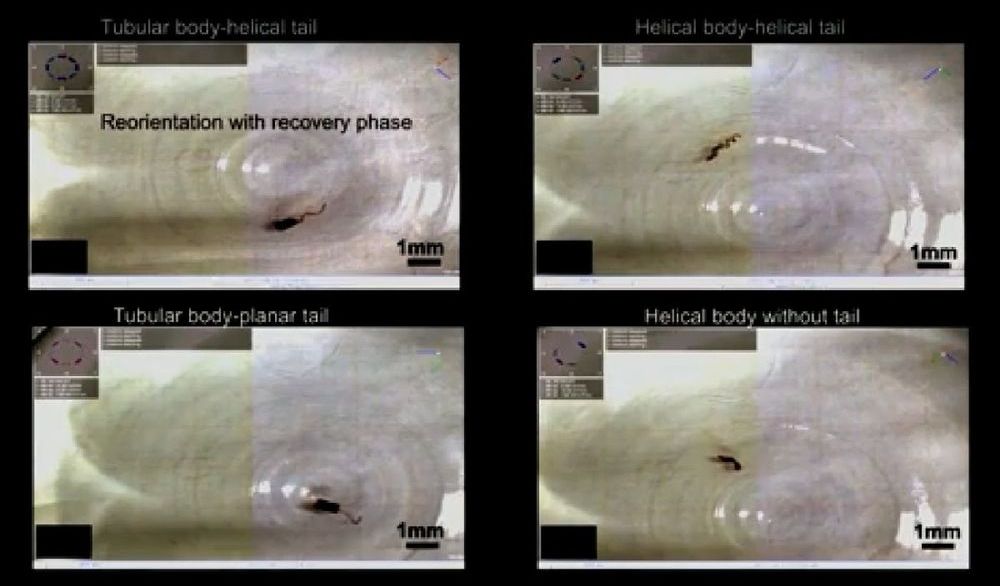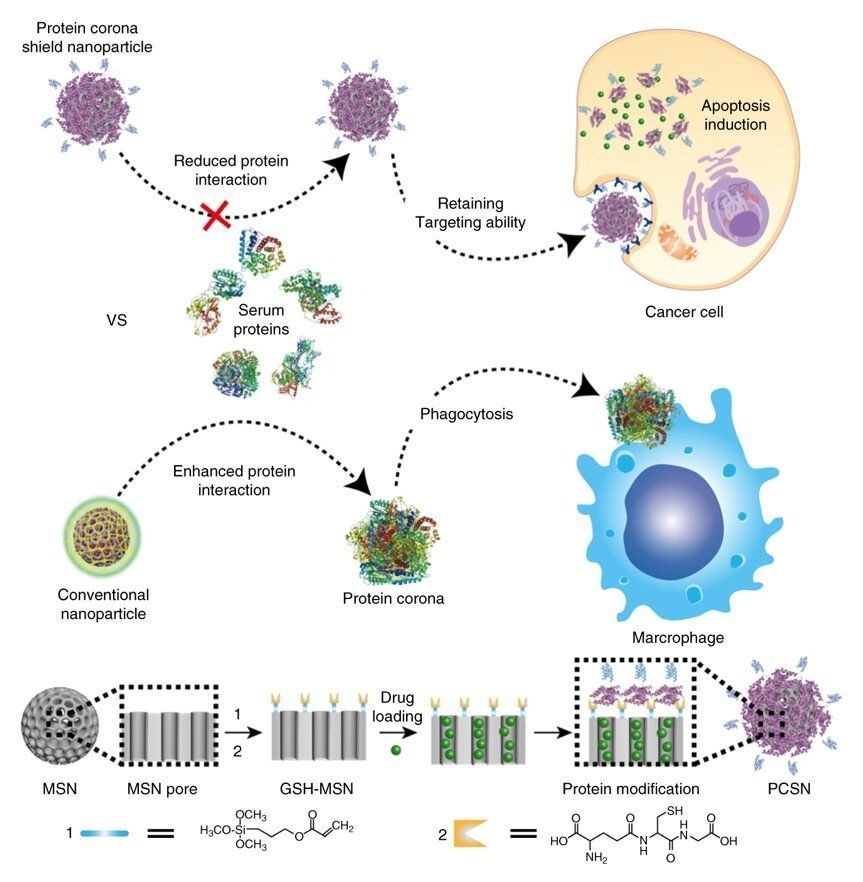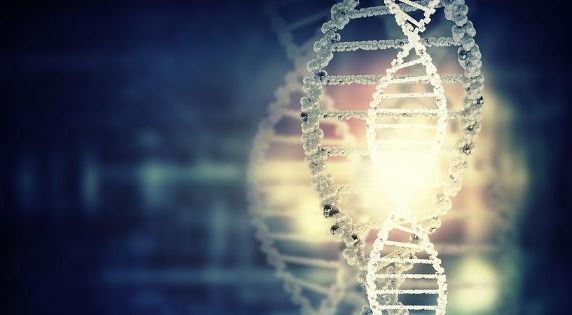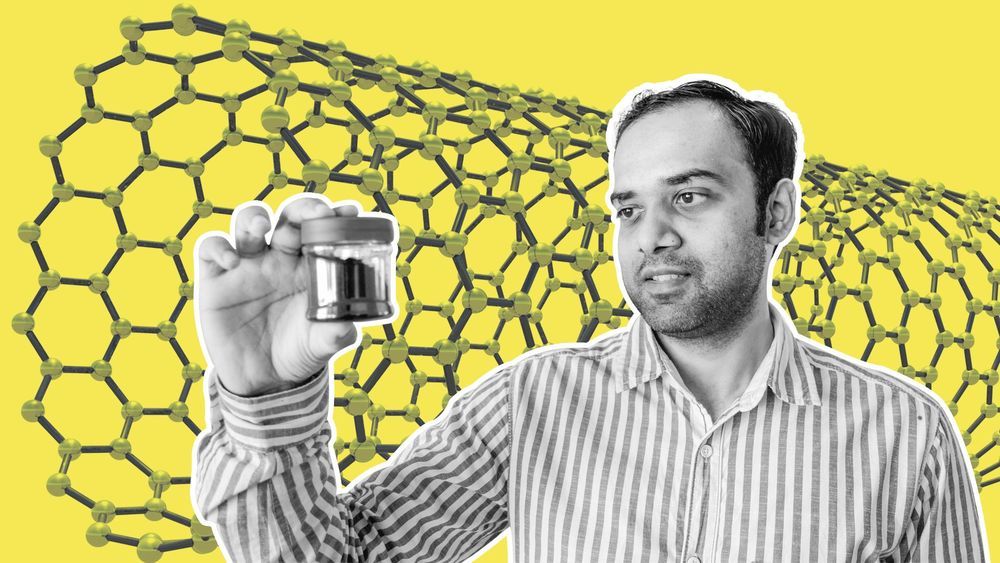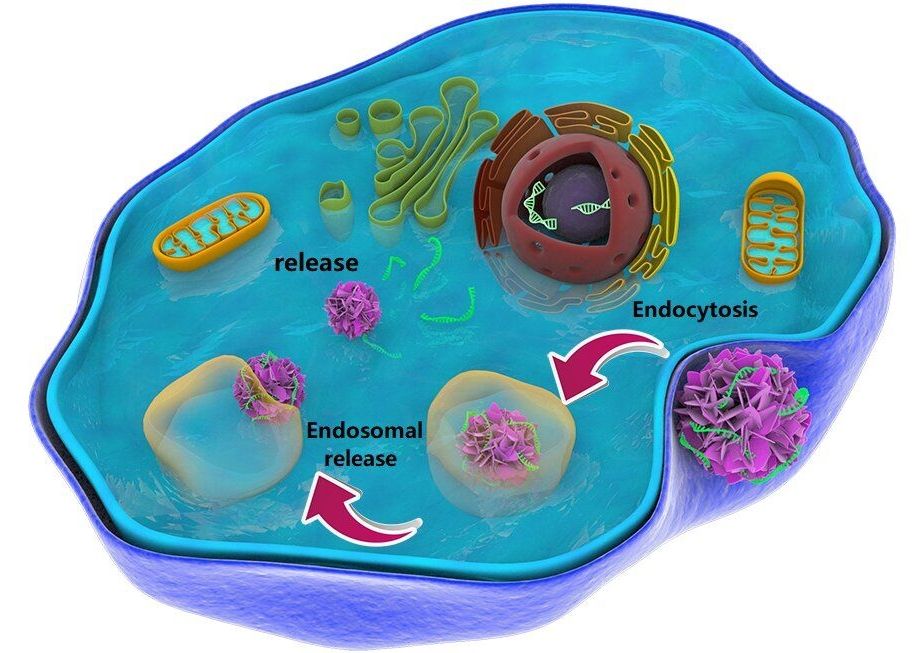Archive for the ‘nanotechnology’ category: Page 233
Jan 23, 2019
Aether and UCL Researchers Democratizing 3D Printed Nanotech at 2% of Competitor Cost
Posted by Klaus Baldauf in categories: 3D printing, nanotechnology
Aether collaborating with University College London and Loughborough University to develop 3D printing nanotechnology at a revolutionary low cost.
Erin Abbott erin@discoveraether.com
Jan 22, 2019
Can nanotechnology rewire an injured spinal cord?
Posted by Paul Battista in categories: biotech/medical, computing, economics, education, health, nanotechnology, neuroscience
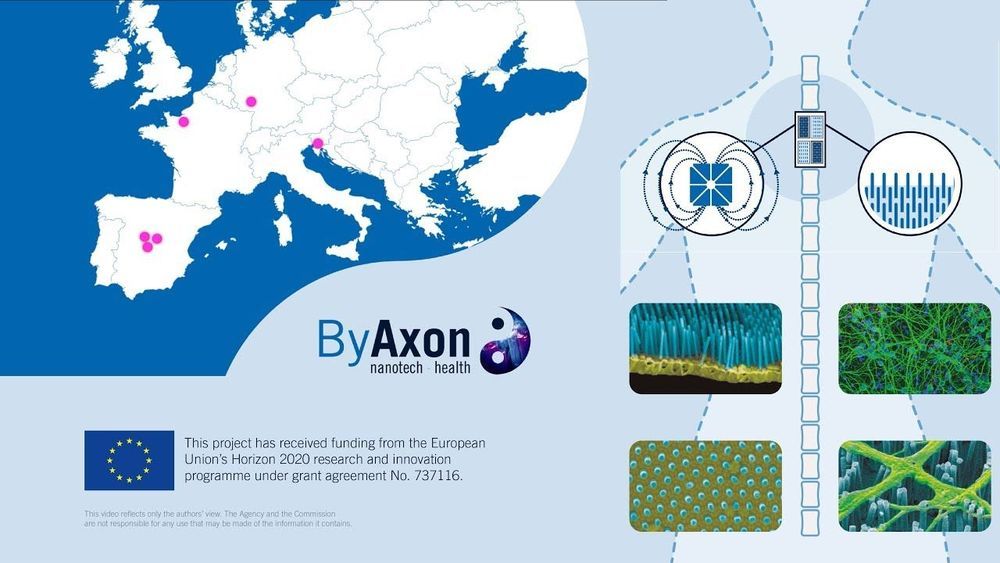
According to the World Health Organisation, up to a half-million people around the world suffer a spinal cord injury each year. Often caused by road traffic crashes, accidents or violence, the loss of motor control or paralysis significantly impacts quality of life and requires years of treatment and care. Spinal cord injury is also associated with lower rates of school enrollment and economic participation, and carries substantial individual and societal costs.
Current methods for spinal cord injury treatment involve cumbersome brain-machine interfaces, with many cables linking the patient and a computer to restore limited motor functions. Other methods to map brain activity, such as magnetoencephalography, require very large machinery and particularly low-temperature working conditions.
Continue reading “Can nanotechnology rewire an injured spinal cord?” »
Jan 20, 2019
These tiny swimming robots may deliver drugs in blood vessels
Posted by Genevieve Klien in categories: biotech/medical, nanotechnology, robotics/AI
Scientists have developed tiny elastic robots that can change shape depending on their surroundings and can swim through fluids, an advance which may help deliver drugs to diseased tissue one day.
The smart, biocompatible microrobots that are highly flexible are made of hydrogel nanocomposites that contain magnetic nanoparticles allowing them to be controlled via an electromagnetic field.
As a result, these devices are able to swim through fluids and modify their shape when needed. They can also pass through narrow blood vessels and intricate systems without compromising on speed or manoeuvrability, said the group of scientists led by Selman Sakar at Ecole Polytechnique Fédérale de Lausanne (EPFL) and Bradley Nelson at ETH Zurich.
Continue reading “These tiny swimming robots may deliver drugs in blood vessels” »
Jan 20, 2019
Flexible Loudspeaker Made of Nanowires Will Stick to Your Skin and Play Music
Posted by James Christian Smith in categories: media & arts, nanotechnology
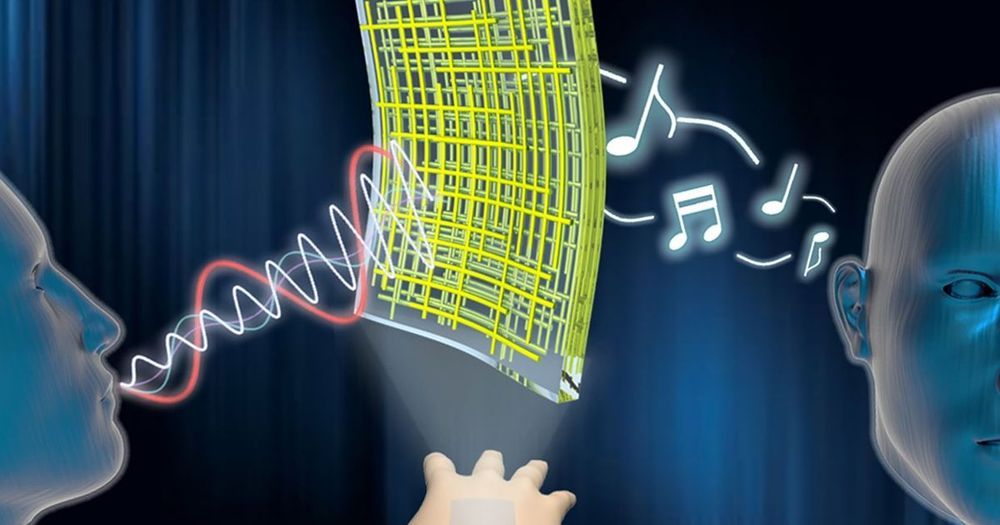
Now researchers at Ulsan National Institute of Science and Technology (UNIST) in South Korea have made a nanomembrane out of silver nanowires to serve as flexible loudspeakers or microphones. The researchers even went so far as to demonstrate their nanomembrane by making it into a loudspeaker that could be attached to skin and used it to play the final movement of a violin concerto—namely, La Campanella by Niccolo Paganini.
Researchers in South Korea made a tiny loudspeaker, and then used it to play a violin concerto.
Continue reading “Flexible Loudspeaker Made of Nanowires Will Stick to Your Skin and Play Music” »
Jan 19, 2019
Researchers develop flexible nanobots to deliver drugs inside your body
Posted by Genevieve Klien in categories: biotech/medical, nanotechnology, robotics/AI
Researchers have designed a flexible robot designed for drug delivery that’s small enough to flow through the bloodstream.
Jan 18, 2019
Nanoparticle breakthrough in the fight against cancer
Posted by Genevieve Klien in categories: biotech/medical, nanotechnology
A recent study, affiliated with South Korea’s Ulsan National Institute of Science and Technology (UNIST) has introduced a novel targeted drug delivery system in the fight against cancer.
Jan 15, 2019
Epigenetic Memories are Passed Down 14 Successive Generations, Game-Changing Research Reveals
Posted by Victoria Generao in categories: biotech/medical, genetics, nanotechnology
The past of our ancestors lives on through us: Groundbreaking research illustrates how parental experience is not only epigenetically imprinted onto offspring, but onto an unprecedented number of future generations. Rather than occurring over the elongated time scale of millions of years, genetic change can transpire in real biological time through nanoparticles known as exosomes…
Until recently, it was believed that our genes dictate our destiny. That we are slated for the diseases that will ultimately beset us based upon the pre-wired indecipherable code written in stone in our genetic material. The burgeoning field of epigenetics, however, is overturning these tenets, and ushering in a school of thought where nurture, not nature, is seen to be the predominant influence when it comes to genetic expression and our freedom from or affliction by chronic disease.
Epigenetics: the demise of biological determinism.
Jan 13, 2019
A Bengaluru startup’s small step to Mars could be a big leap for nanomaterials
Posted by Klaus Baldauf in categories: nanotechnology, space travel
Ever since he was a young boy growing up in Bengaluru, the city home to India’s space research organisation, he dreamt of going to space one day. Now he wants to be the first human on Mars.
One would expect him to train to be an astronaut or dismiss the idea altogether. But that’s not how he plans to get to the red planet.
Meet Gadhadar Reddy, a nano-technologist from Bengaluru, who might just get to live his dream someday in the near future thanks to a new material his company is manufacturing.
Jan 10, 2019
Researchers develop bioinspired nanoscale drug delivery method
Posted by Genevieve Klien in categories: biotech/medical, nanotechnology
Washington State University researchers have developed a novel way to deliver drugs and therapies into cells at the nanoscale without causing toxic effects that have stymied other such efforts.
